Basil, (Ocimum basilicum), also called sweet basil, is an annual herb of the mint family, grown for its aromatic leaves. Basil is widely grown as a kitchen herb. Basil leaves are glossy and oval-shaped, with smooth or slightly toothed edges that typically cup slightly; the leaves are arranged oppositely along the square stems. The small flowers are borne in terminal clusters and range in color from white to magenta. The plant is extremely frost-sensitive and grows best in warm climates. Description from Britannica
Home > Plant Guide >
Scientific Name
Family
Garden Type
Wildlife
Native Plant Region
Light needs
Water Needs
Plant Type
Bloom Color(s)
Height
Width
Months in Bloom
Safe Beneath Power Lines?

We’d like to maintain accurate and robust plant listings. If you see information that is not correct or that could be added to improve the listing, please let us know. Or if you’d like to suggest a plant to add to our plant guide, you can use this form do so. Thank you!
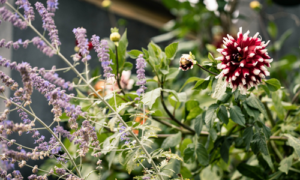
Learn about container gardening with shrubs, trees, herbs, veggies, perennials, and annuals. A special focus will be on plantings that provide pollinators with food and that encourage bird habitat.
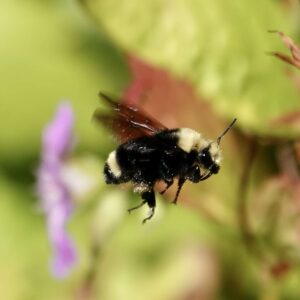
Look closer…and meet the local insects that pollinate the plants around your Seattle neighborhoods. Learn about some of our amazing native pollinating insects.
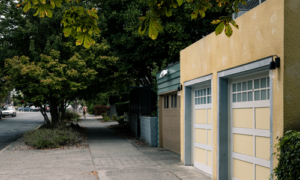
Take a virtual tour of Capitol hill with naturalist and author David B. Williams and gain a new appreciation of the nature of the city and its wild side.
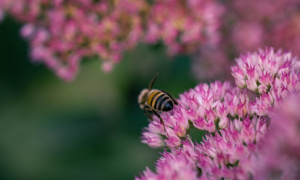
This workshop will guide you through the process and materials needed to help you decide if Mason Bees are right for you and your garden, whether you have a small deck or an open garden.
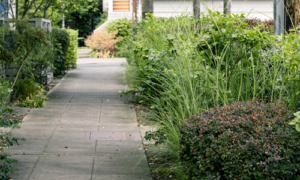
Do you want to plant a tree, create butterfly habitat, or start a vegetable garden but don’t have a yard? Learn how planting strips are a great place to start your own garden!
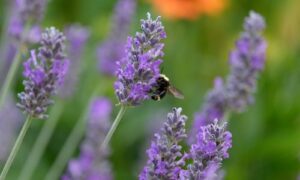
Check out our list of local wildlife-supporting plant stores and nurseries, organizations, and community science opportunities.
Nature of Your Neighborhood is a collaboration between Birds Connect Seattle, the Capitol Hill EcoDistrict, and the Seattle Bird Conservation Partnership. Our goal is to foster relationships between the people and the nature of their neighborhoods.